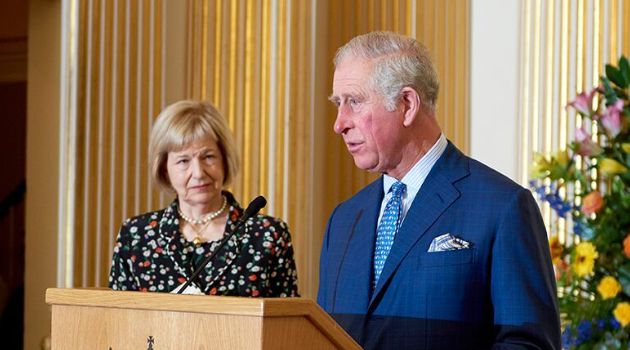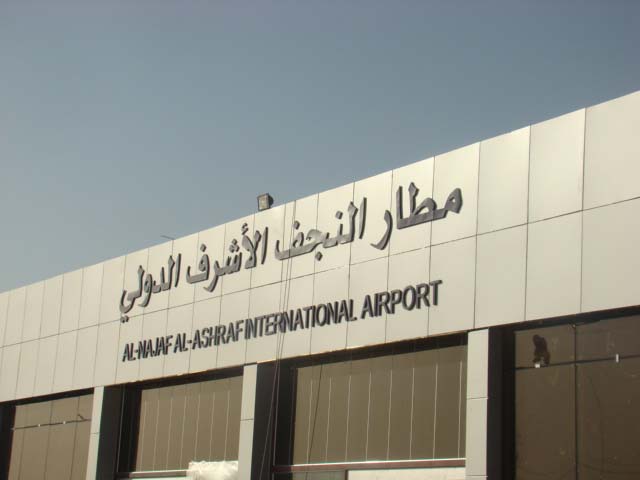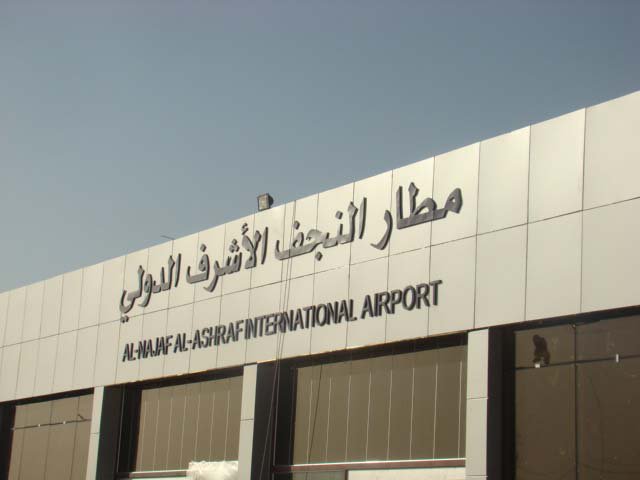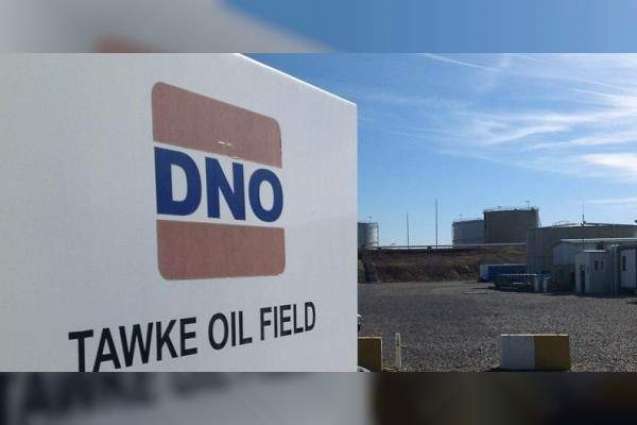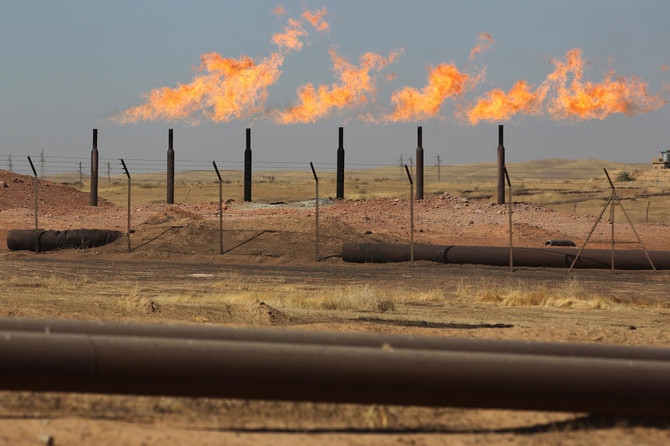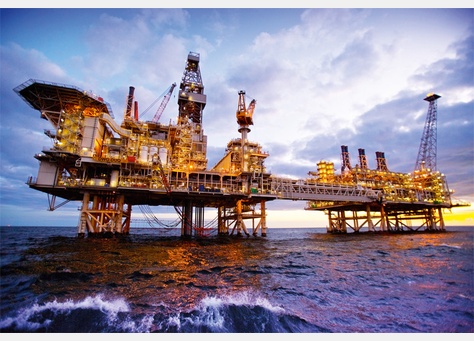By Ahmed Mousa Jiyad.
Any opinions expressed are those of the authors, and do not necessarily reflect the views of Iraq Business News.
Below is the full Arabic text and source of what was reportedly said by Abdul Alal AL-Yassiry, the Chairman of the Iraqi Centre for Economic and Investment Consultation in Karbala.
What prompts me to write this commentary is only the inaccuracy of data and information he cited regarding SOMO. In other words I am not defending SOMO; its staff can and should defend themselves. Also, I am not discussing here the corruption issue, which undoubtedly and emphatically plaguing Iraq, particularly by the political parties and provincial councils; these can be discussed separately.
I will provide what he says then make my comment.
First; He says “SOMO sales 4 million barrels daily-4mbd”!
Official data does not support this assertion at all; oil exports by SOMO during the last ten years increased from 1.879 mbd during July 2008 to 3.543 mbd in July 2018. Hence, his figure is absolutely incorrect.
Second; He also says “SOMO sales oil to the companies at $10 discount of the bourse price; this is called commission”.
This is also incorrect for the following reasons;
- SOMO does not sale all its oil through bourse (stock exchange) or according to bourse prices; however, SOMO sold a few shipments, of 2 million barrels each, through Dubai Mercantile Exchange-DME auctions since April 2017;
- SOMO’s marketing procedure and modality is primarily based on annually arranged “Term Contract” and the monthly export price is decided by a ministerial committee using at least three pricing equations for the three major market destinations (North America, Europe and east Asia) with different marker crudes taking into consideration the quality of the crude (API) and, specifically, sulphur contents;
- I have been following SOMO for years and never observed such discounts or “commission” of $10 a barrel! Between January 2016 and June 2017 oil export price for a barrel ranged between $22.21 and $42.2; can anyone believe or imagen that SOMO gives 45% and 23.7% of its officially adopted and declared price that easy without causing devastating outcry against it and the Ministry of Oil!!!
Third; in his explanation or justification for this “commission” it “compensates loading loses and what is known vaporisation”
Actual loading of oil into the tanker is rather rigorous operation done in the presence of the “measurement committee” and after issuing at least 13 different certificates; then SOC/now Basra Oil Company-BOC submits all these certificates to SOMO before loading oil to the tanker takes place.
Nothing in these certificates refers to vaporisation that justifies such huge discount or commission. Moreover, neither oil chemistry nor different metering instruments support his claims.
Fourth; Then he asserts, “What is important, these companies came through the political parties”
According to Iraqi and international data the annual number of companies that buy Iraqi oil- international oil buyers-IOBs during the last 15 years ranges between 34 to 45 IOBs. Most of these IOBs are well known and many of them were also SOMO’ clients well prior to 2003.
Therefore, to claim that these IOBs came through the political parties is, apart from been erroneous, it elevates the international networking and impacts of these political parties, which is laughable, but, more seriously, accuse these IOBs with “collusion”, which renders him subject to legal action.
Moreover, all IEITI annual reports (prepared by different international specialised firms) provide, among others, reconciliation of oil export revenues paid by IOBs, received by SOMO and deposited in a New York bank, and provide explanation of any discrepancies over small “materiality threshold”. None of these reports provide any information supportive of his allegations.
Fifth; He alleged that, “the political parties take $2 a barrel from that commission while the companies keep the $8”
But he did not explain or tell:
- When, where and how this 2:8 split of the commission was agreed between all political parties and all IOBs;
- Was SOMO involved in that agreement?
- Oil exports occur through many shipments to each IOB for each year, so what are the modalities each political party uses to secure its share from the commission for each shipment?
- What are the modalities for actual payments from each IOB to each political party; to which banks these payments were transferred and deposited and what are the material evidences for such payments etc.?
- How come there was no discrepancy in distributing that commission as if all political parties and all IOBs work in perfect harmony!!
From and based on the above comments I conclude:
- His knowledge and understanding of oil export system need serious revision and improvement;
- Allegations he made are very serious indeed and without strong, emphatic evidence, he could face legal action by SOMO/Ministry of Oil, each political party and each IOB;
- As he is the chairman of a consulting centre, what he had said undermines, damage and tarnish the credibility, objectivity and professionalism of his centre.
Ahmed Mousa Jiyad,
Iraq/ Development Consultancy & Research,
Norway.
12 August 2018
—————–
11-08-2018 23:57 0 1102
يرى رئيس المركز العراقي للاستشارات الاقتصادية والاستثمارية في كربلاء ان رواتب مجلس النواب ومجالس المحافظات لا تساوي جميعها ارباح يوم واحد من الكومشن الذي تتقاضاها احزاب السلطة من البنك المركزي ووزارة النفط مبينا ان الانتخابات في ظل نفس الشخوص والرموز الحزبية والجهوية معناه بقاء كل شيء على ما هو عليه.
بين عبد العال الياسري لوكالة نون الخبرية بأمثلة والأرقام عن كمية المبالغ المستحصلة بطرق مختلفة بقوله ان ” كل الاحزاب لديها مصارف اهلية وقد تقاسمت مبيعات البنك المركزي العراقي من الدولار حيث يباع يوميا من ١٥٠ الى ٢٠٠ مليون دولار بسعر ١١٨ الف دينار في حين وصل سعره بالسوق التجاريه الى معدل ١٢٧ الف وبعمليه حسابيه بسيطه فان معدل ارباحهم من ٥ الى ٨ مليون دولار يوميا!!! اي ١٥٠ مليون دولار شهريا ولا يقل عن ٥٠٠ مليون سنويا وبدون اي تعب فقط فواتير مزوره” , فضلا عن المنافذ الحدوديه وسيطره الصفره.
وأضاف مثلا اخر وهي شركة سومو النفط والتي تبيع يوميا ٤ مليون برميل نقط للشركات حسب سعر البورصه ناقص ١٠ دولار هو مايطلق عليه الكومشين هو مبلغ يعطى للشركات كتعويض للضائعات اثناء التحميل وما يعرف بالتبخر.المهم هذه الشركات جاءت عن طريق احزاب السلطه وهي تستوفي دولارين من الكومشن من تلك الشركات وهي تعطيها بكل سرور لانها رابحه ٨ دولارات وبحسبه بسيطه ٢$×٤ مليون برميل =٨ مليون دولار أرباح الاحزاب الحاكمه.
واختتم الياسري الذي كان يشغل منصب رئيس مجلس محافظة كربلاء سابقا حديثه ” ان من يعتقد ان مجالس المحافظات هي الممول للأحزاب الحاكمة فهو غير مدرك للامور فما تصرفه تلك المجالس ليست سوى نقطه في بحر ما تدره العاصمة لتلك الأحزاب“.
اسامة الخفاجي
http://www.non14.net/102748/
Mr Jiyad is an independent development consultant, scholar and Associate with the former Centre for Global Energy Studies (CGES), London. He was formerly a senior economist with the Iraq National Oil Company and Iraq’s Ministry of Oil, Chief Expert for the Council of Ministers, Director at the Ministry of Trade, and International Specialist with UN organizations in Uganda, Sudan and Jordan. He is now based in Norway (Email: mou-jiya(at)online.no, Skype ID: Ahmed Mousa Jiyad). Read more of Mr Jiyad’s biography here.

